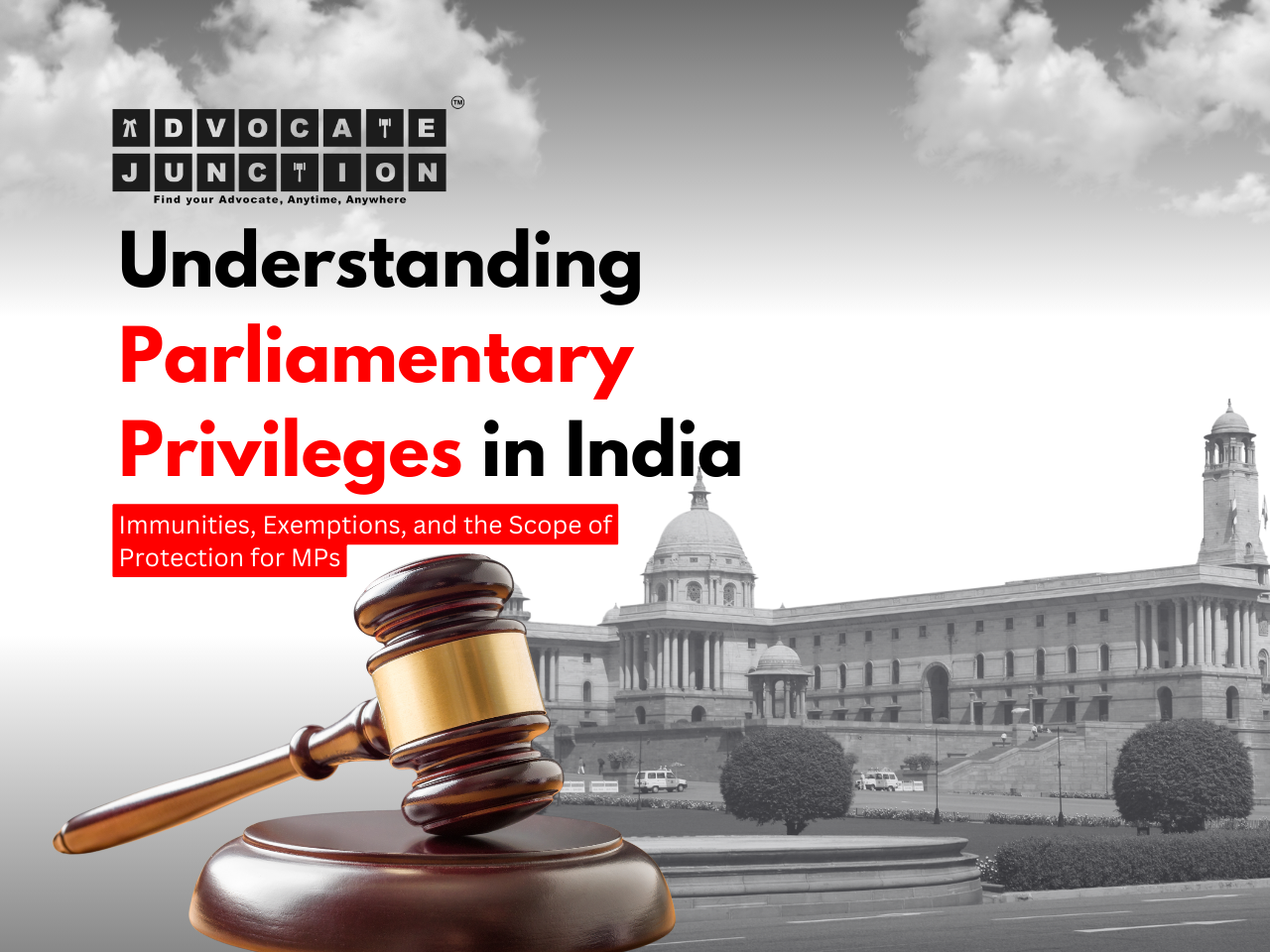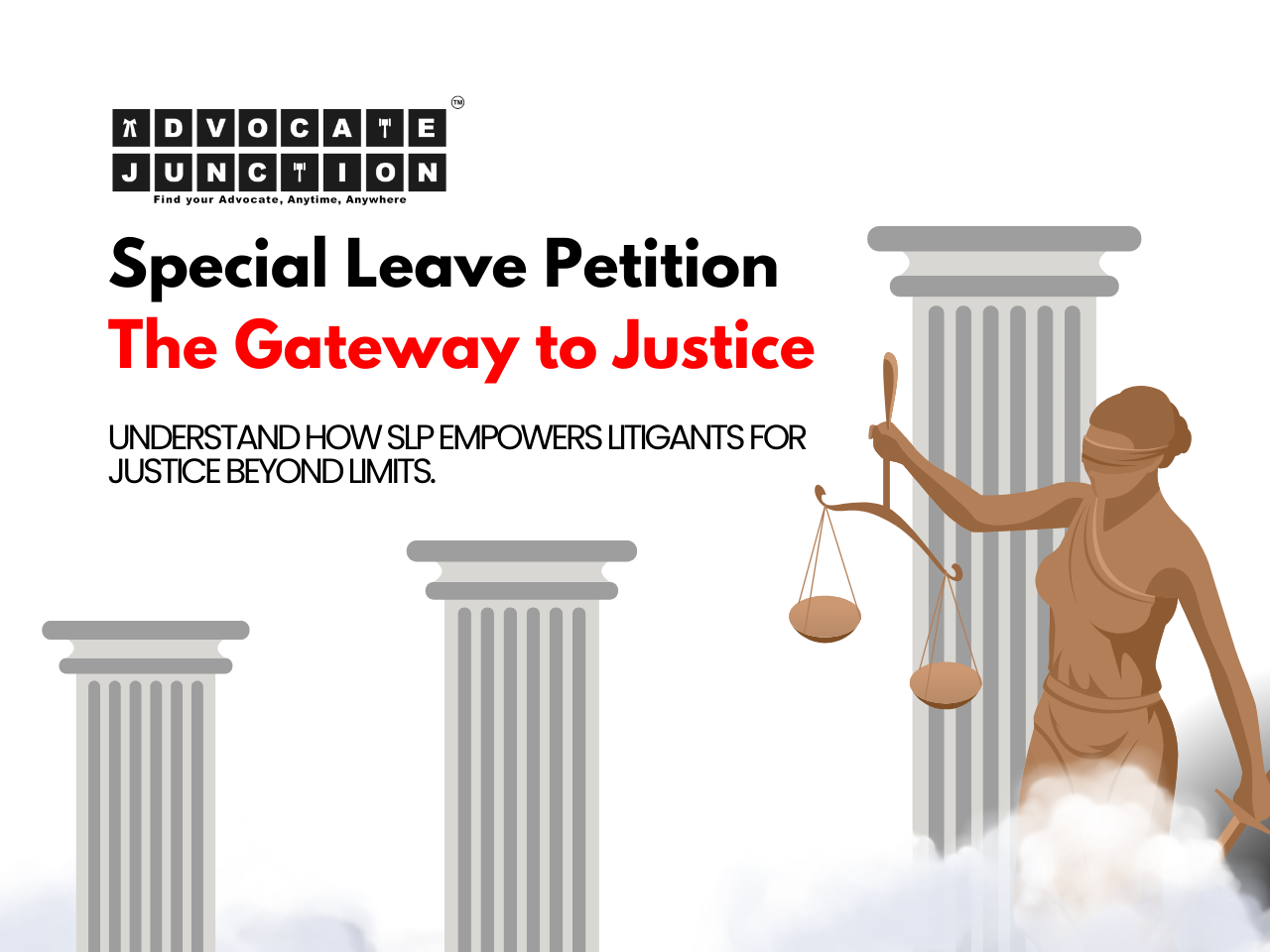Introduction Parliamentary privileges are special rights, immunities, and exemptions granted to Parliament members and their committees to ensure independence and effectiveness in their duties.
Scope of Privileges Members of Parliament are exempt from civil (not criminal) liability for actions performed in the course of their duties. These privileges also extend to the Attorney General and Union Ministers but not to the President.
Sources Parliamentary privileges derive from:
- Constitutional provisions
- Parliamentary laws
- House rules
- Conventions
- Judicial interpretations
Types of Privileges
- Collective Privileges:
- Right to be informed about a member’s legal detention
- Immunity from arrest within Parliament premises
- Protection of confidential House proceedings
- Non-disclosure of committee evidence before official release
- Restriction on members or officers giving evidence in courts without House permission
- Individual Privileges:
- Immunity from court proceedings for statements or votes in Parliament
- Freedom from legal action for authorized publications of parliamentary reports
- Freedom from arrest in civil cases during parliamentary sessions and related periods
Constitutional Provisions Article 105 Constitution of India outlines the privileges of Parliament members, including freedom of speech in Parliament and immunity from legal proceedings for parliamentary actions. Similar privileges are guaranteed to State Legislative Assembly members under Article194 of Indian Constitution.





